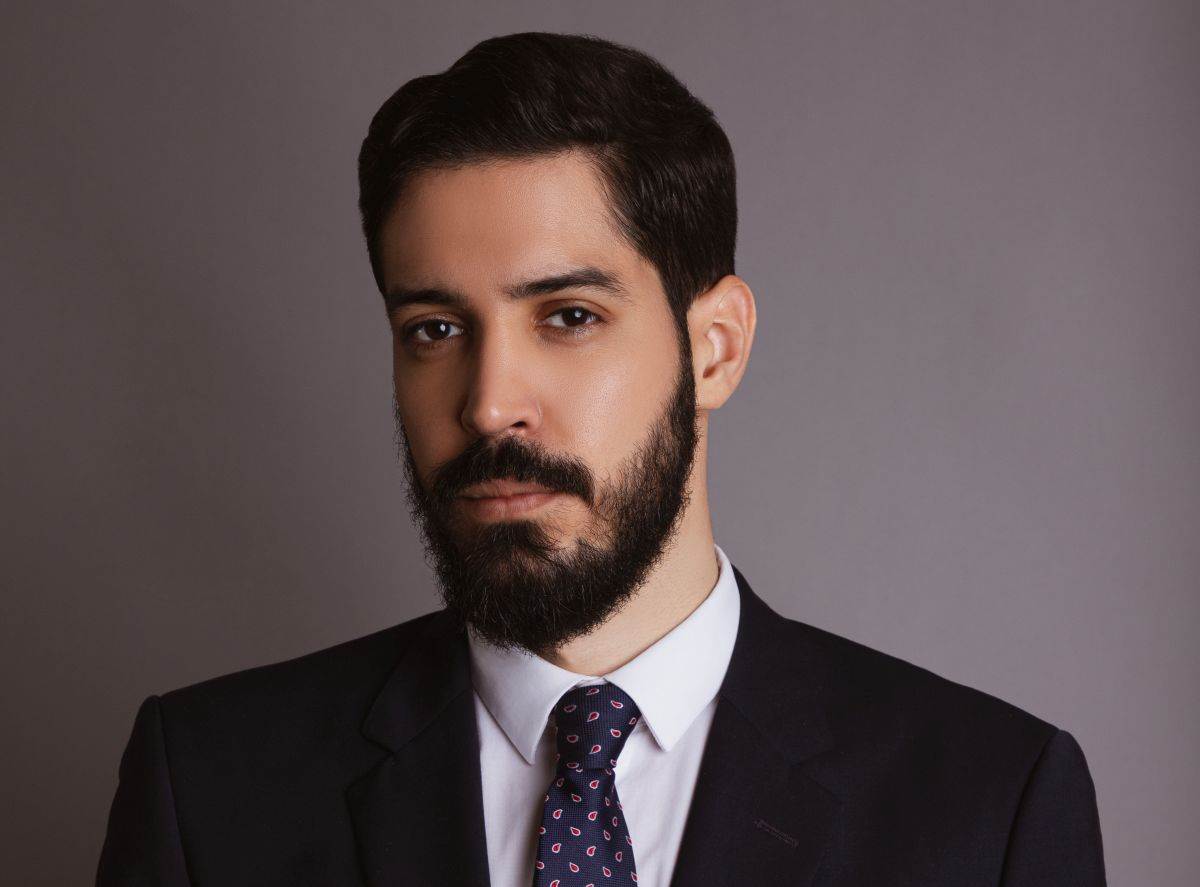
Every four years, Serbian media becomes preoccupied with the topic of the US presidential elections, from October to early November. Serbia is not alone in this, as the outcome of this political contest has implications for many areas worldwide. The identity of the US president and the balance of power in Congress influence issues ranging from economic and trade policies to energy, climate change, and the political stability of entire regions, including states affected by conflict.The Western Balkans is no exception, as this year’s elections—specifically, Donald Trump’s victory and the Republican takeover of the Senate, potentially even the House of Representatives—will impact the region.
The results indicate that the new-old US president will have a relatively strong mandate. Trump will enjoy a solid Senate majority at least until 2026, and his overall popular vote victory lends legitimacy to his administration. Unlike in 2016, when Trump won the presidency despite receiving fewer votes than Hillary Clinton, this time his position is secure. He will likely govern unimpeded until 2026 and potentially until 2028 if Republicans maintain their congressional majority. Consequently, most US policy towards Serbia will be driven by Republicans, with little need for compromise with Democrats.
Cabinet Appointments Will Shape Foreign Policy
It will be crucial to monitor whom Trump appoints to his cabinet, as these choices will signal the direction of his foreign and security policy. A significant challenge in this process is Trump’s ongoing conflict with the Republican Party establishment. Over the years, many highly qualified professionals within the Republican Party have distanced themselves from Trump, either leaving the party entirely or becoming opponents, like John Bolton, Susan Collins, or Mitt Romney.
This leaves Trump with a pool of loyal but often less competent personnel. However, for Serbia, this might not necessarily be a disadvantage. It could result in the appointment of figures without the negative preconceptions about Serbia stemming from the 1990s.
If, for example, Richard Grenell—a figure with established relationships with Serbian officials—were to become Secretary of State, it could simplify US-Serbia relations. While bilateral relations have already improved under Joe Biden’s administration (evident in a recent energy agreement facilitating gas procurement for Serbia and investments by US companies in solar farms), a Trump administration might continue this trajectory, especially regarding energy.
Energy as a Key Issue
Energy diversification, a topic included in the 2020 Washington Agreement, remains relevant. Although the agreement, brokered by a Republican administration, primarily focused on Kosovo, its energy provisions have been upheld by Biden’s administration.
Energy is likely to become an even more prominent issue under a Trump presidency. The global surge in fossil fuel prices following the Ukraine war highlights the Republican Party’s closer ties to the fossil fuel industry compared to Democrats. Thus, the export of US energy and efforts to counter Russian influence in this sector may take centre stage, aligning with Republican priorities.
Relations with China
Trump’s stance on China will also be pivotal, though it presents a complex picture. Compared to 2016 and 2020, Republican rhetoric towards China appears less polarising. Trump’s circles seem more open to political agreements with Beijing and less enthusiastic about supporting Taiwan, although these positions lack firm guarantees. Figures like Elbridge Colby, a potential National Security Advisor, are staunchly critical of China, suggesting a potential hardline approach.
On the other hand, Trump has announced plans for sweeping tariffs on almost all imports, particularly from China. These tariffs, some of which could reach triple digits, could trigger global economic disruptions. For Serbia, this is significant because it ranks among Europe’s top recipients of Chinese investments and loans and recently signed a free trade agreement with China. This could draw negative attention from Trump’s administration, requiring careful monitoring.
Negotiations Between Belgrade and Priština
In the realm of Belgrade-Priština negotiations, some anticipate a more favourable position for Serbia compared to the Biden administration. Certain Republican figures have criticised Albin Kurti’s actions, and there are rumours that Richard Grenell played a role in the opposition’s toppling of Kurti’s first government. Additionally, Belgrade may emphasise Kurti’s past support for Kamala Harris during her campaign as a potential point of leverage.
Speculation has arisen in Serbian media about the revival of the Kosovo partition proposal as a solution, though this seems unlikely in the current political context, given strong EU opposition.
Deteriorating EU-US relations under Trump could also complicate Serbia’s foreign policy, affecting both Kosovo and other issues. If disagreements over tariffs and security lead to strained ties between Brussels and Washington, Serbia may face the difficult task of balancing its relationships with both powers. This is challenging, as Serbia’s trade with the EU totals around $40 billion, compared to just over $1 billion with the US.
Gradual Improvement of US-Serbia Relations
Despite these challenges, US-Serbia relations are likely to continue improving incrementally, building on the efforts of the previous administration. According to an April survey by the local organisation Novi Treći Put, 33% of respondents said their opinion of the US would improve if Trump became president, while 15% felt the same if the US president visited Serbia.
Thus, Trump’s return to power may enhance perceptions of the US in Serbia to some extent. However, the long-term trajectory of relations and public opinion will depend on the policies and decisions of Trump’s administration, which must be closely watched.
